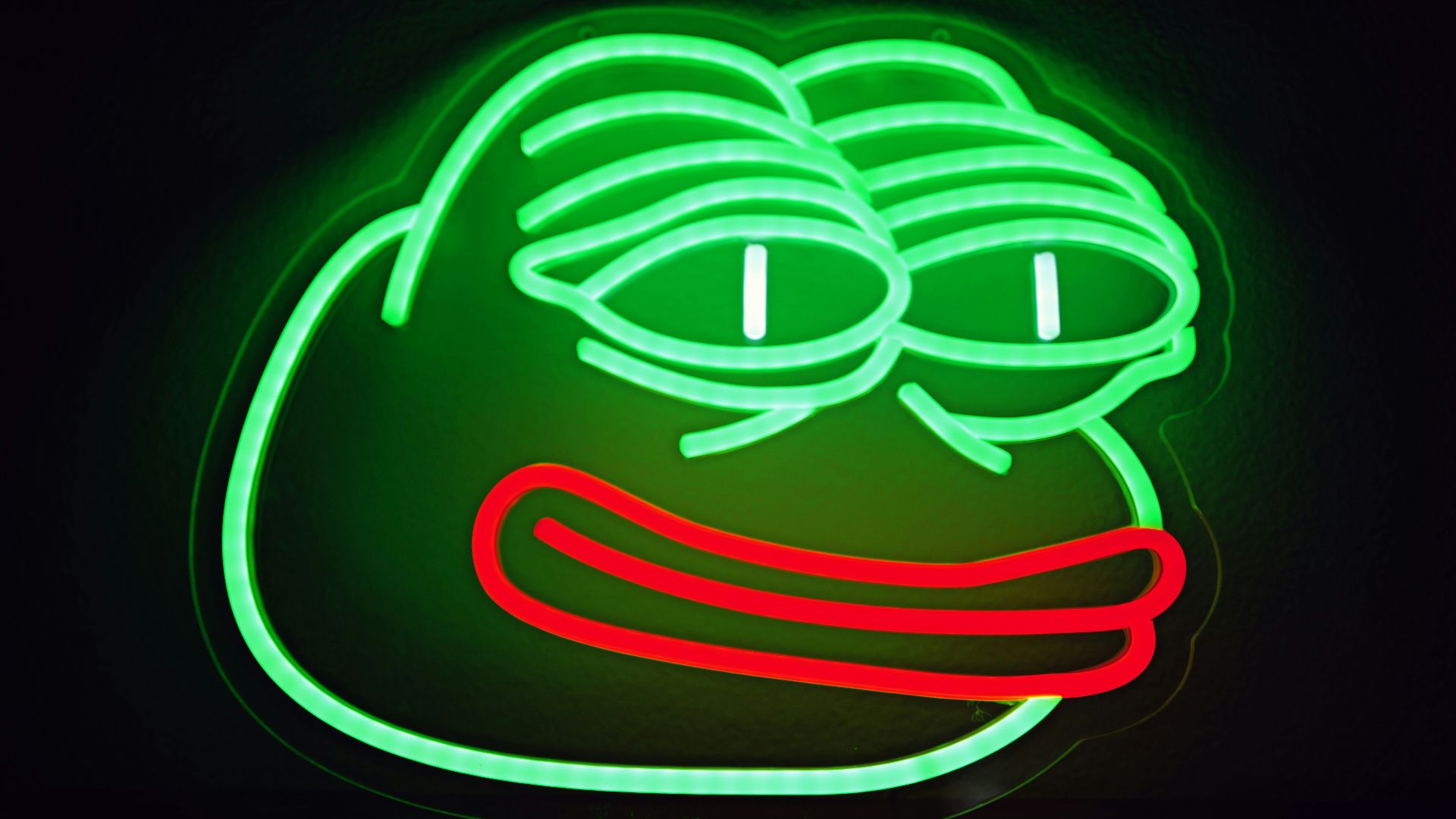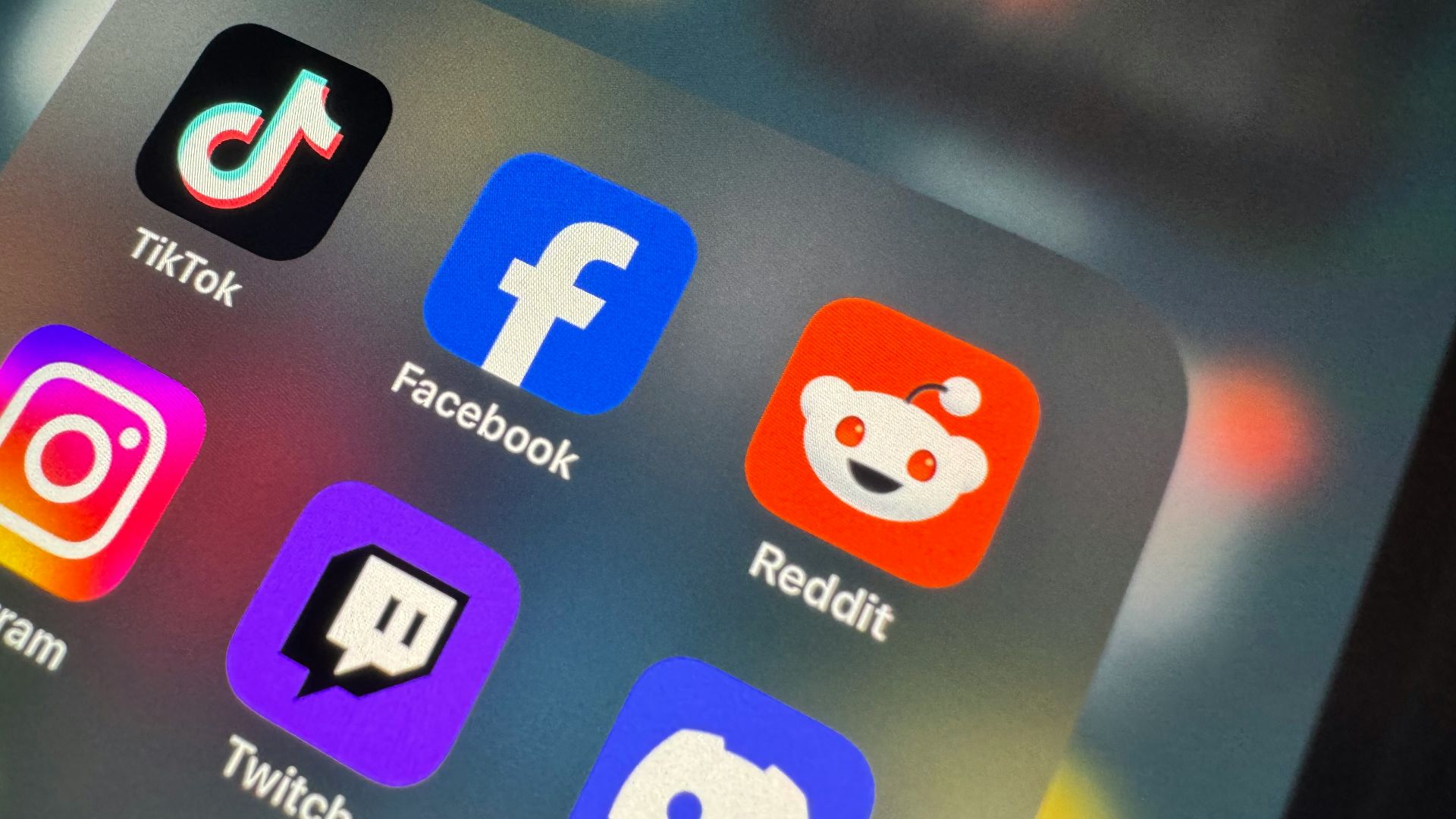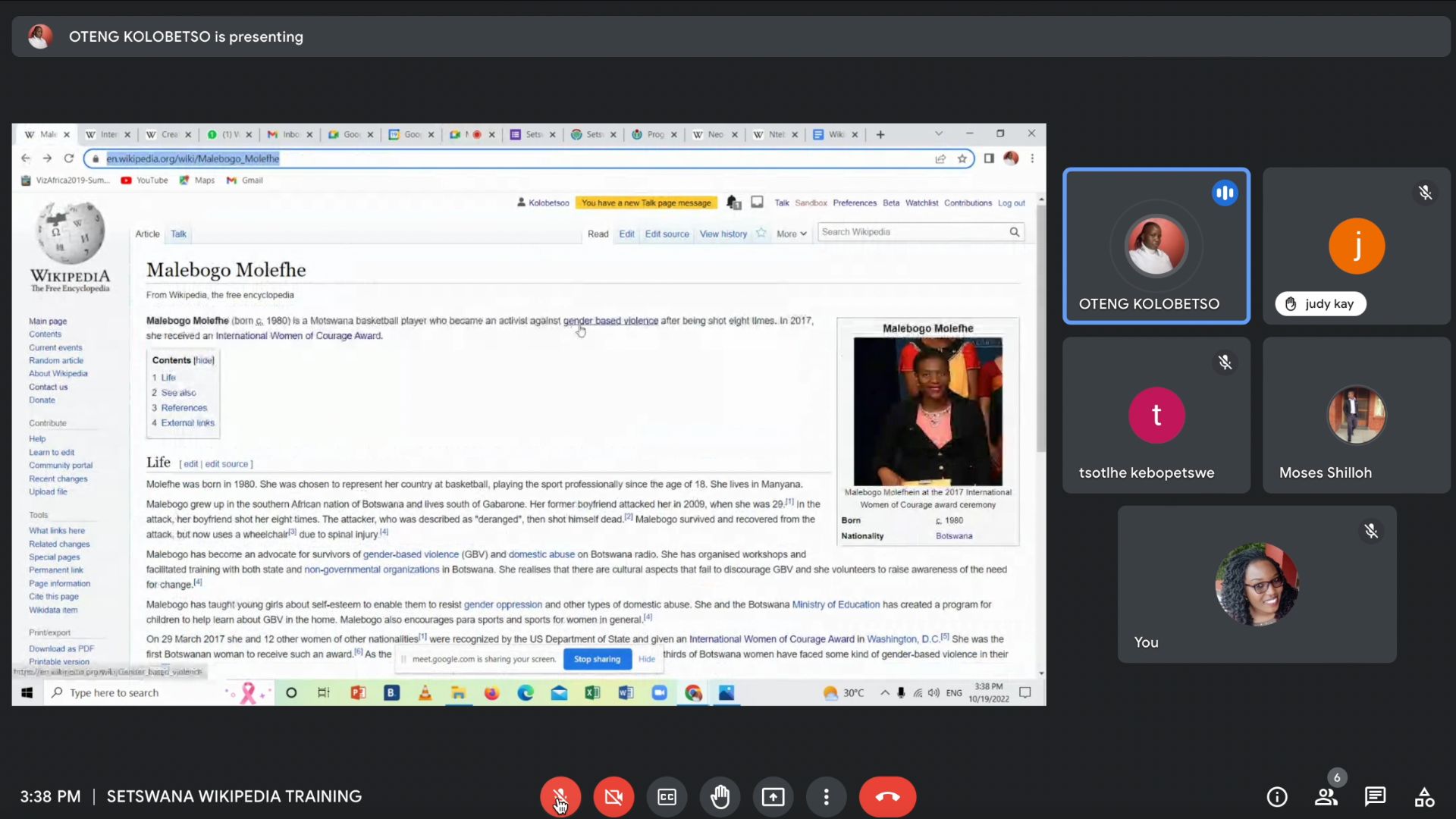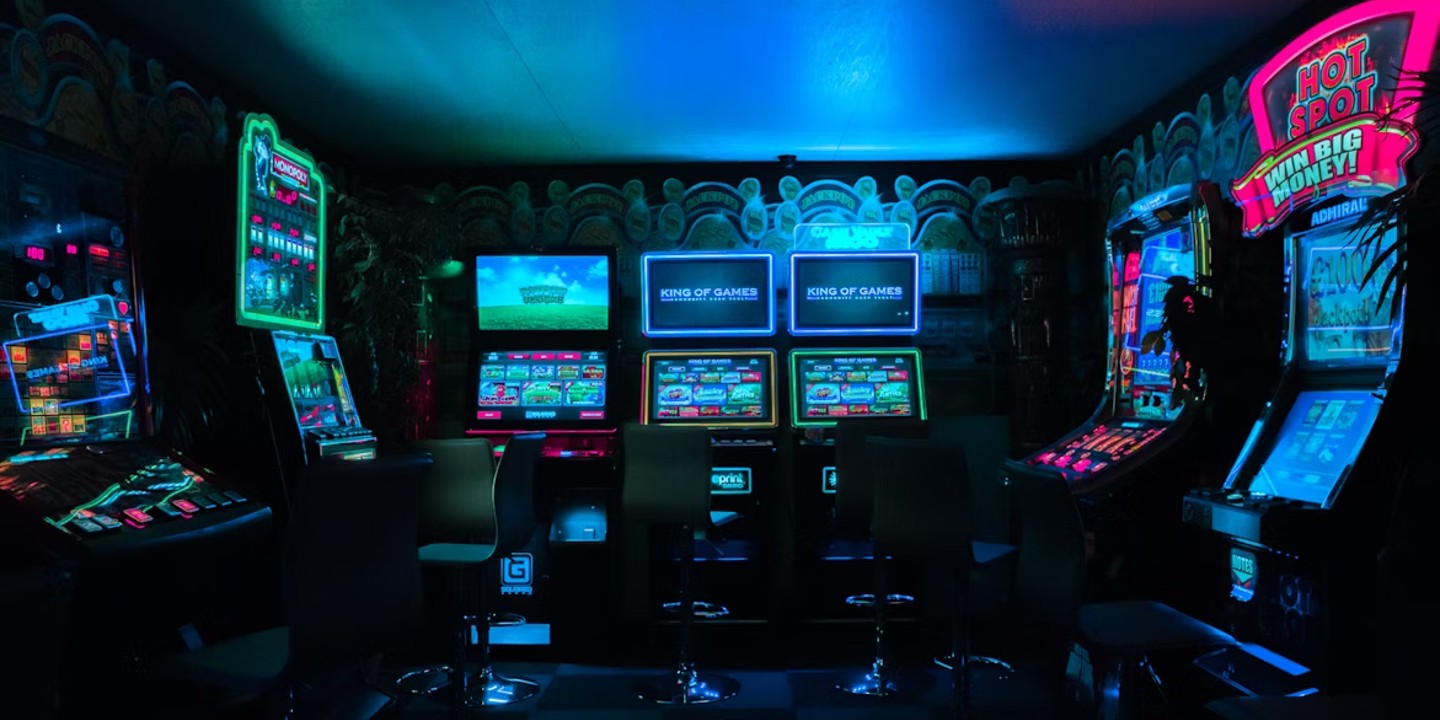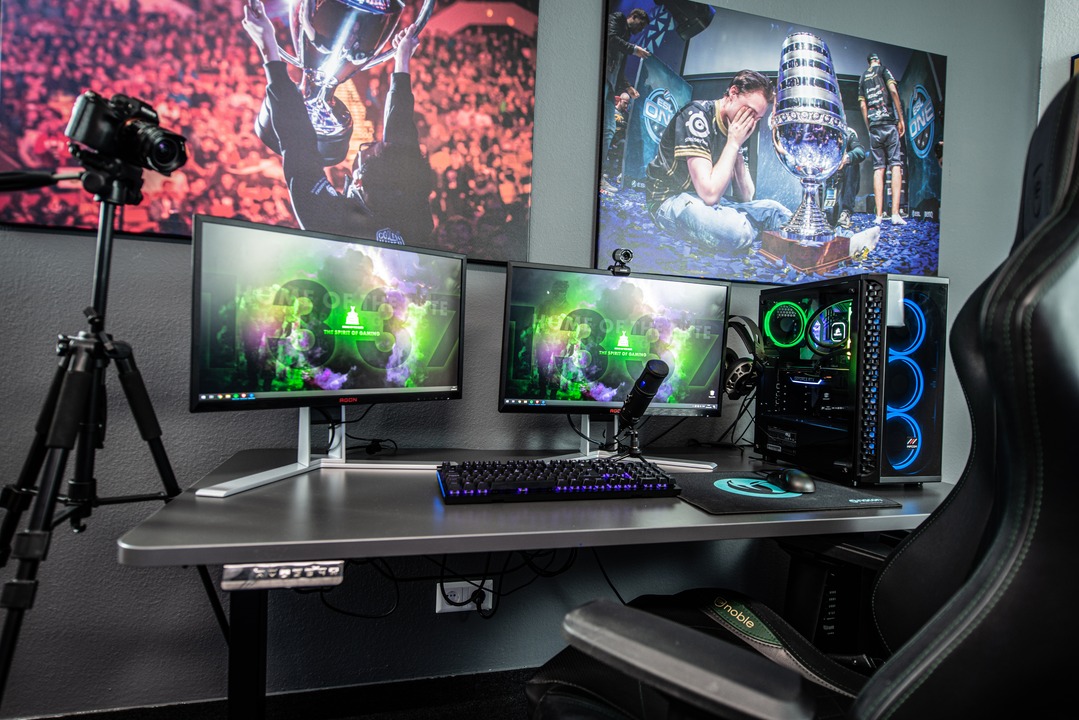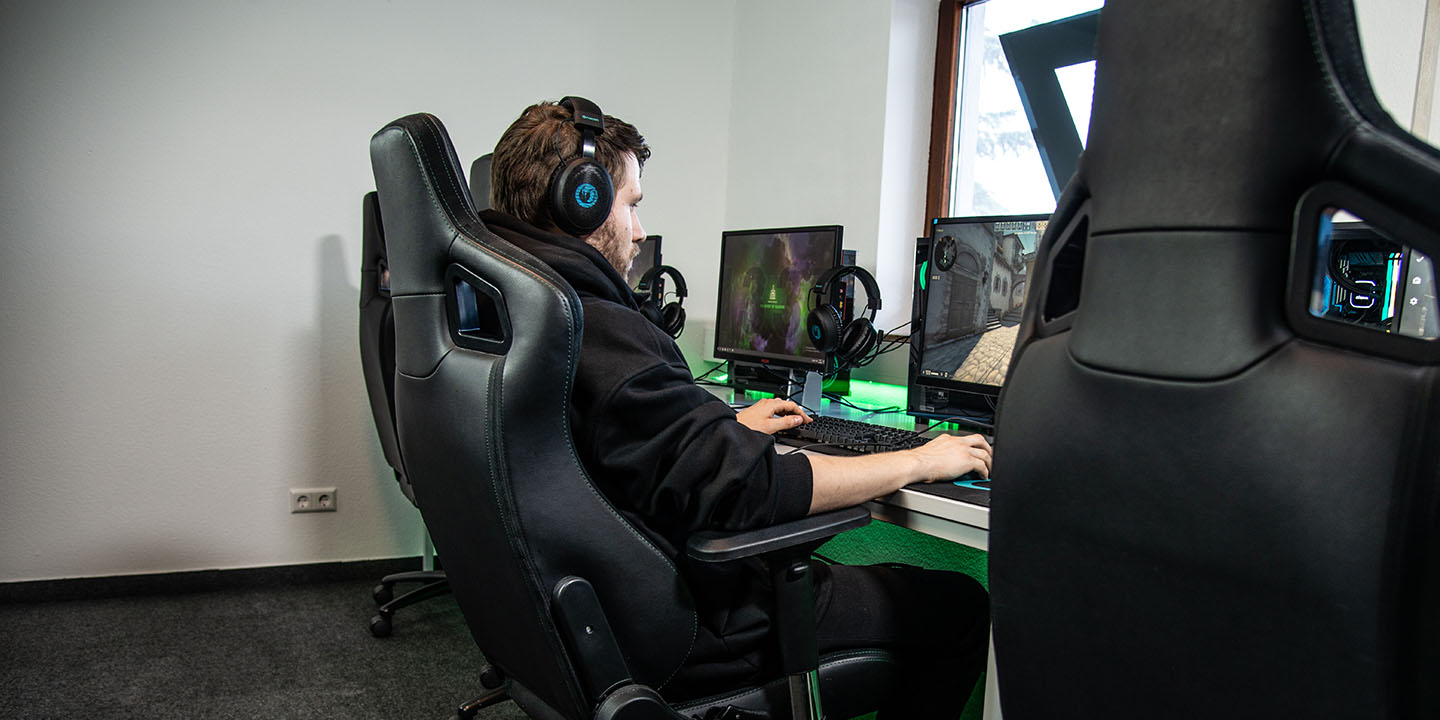The Hidden Architects of Online Culture
The internet feels boundless now: a swirling mess of memes, videos, social media platforms, and influencers all vying for everyone’s attention. But before the noise became deafening, there were websites that quietly rewired the way we behave online. We’re not talking about the flashy social media giants everyone talks about, but the subtle innovators whose weird little experiments changed how the web functions. Some of these experiments were simple, some chaotic, but together, they left fingerprints on every corner of the digital world. Here are twenty that changed internet culture forever.
1. GeoCities
Before everyone had blogs or social media profiles, GeoCities offered virtual neighborhoods where anyone could create a homepage. The design was often messy, with neon colors and animated GIFs bouncing everywhere, but it taught a generation that personal websites were important for curating information.
 Glenn Carstens-Peters on Unsplash
Glenn Carstens-Peters on Unsplash
2. LiveJournal
Sure, blogging existed, but LiveJournal perfected the art of the personal community. It wasn’t just about writing; it was about groups, friends-only posts, and subtle social hierarchies. Some of the quirkiest fandoms started there, and the concept of “followers” we take for granted today owes a debt to LJ’s friend system.
 DaryaDarya LiveJournal on Unsplash
DaryaDarya LiveJournal on Unsplash
3. Angelfire
Although it was not nearly as glamorous as GeoCities, Angelfire was the crucible of chaos. It may have been ugly, but it was also free and endlessly customizable, encouraging reckless experimentation. Whether you were making a pop-punk band’s fan page or were a teenager obsessed with an anime, your page could explode into a small corner of internet fame.
4. Slashdot
Slashdot wasn’t just a tech site but a community that debated everything, and it shaped early internet journalism. It had features that included upvotes and downvotes, moderation, and community-driven content—all principles that would become integral to sites like Reddit years later.
5. Neopets
On the surface, it was all cute virtual pets and minigames, but Neopets taught an entire generation about virtual economies, microtransactions, and online communities. And yes, the stock market minigame had kids thinking about value in ways that would echo across other Massively Multiplayer Online designs for decades.
6. ICQ
Before WhatsApp or Messenger, ICQ connected people instantly. That little “uh-oh, you’ve got mail” beep became the universal sound of digital impatience. With its chatrooms, messaging, and status updates, ICQ laid the groundwork for our modern expectation that you could always be connected with anyone at any time.
7. Craigslist
This is a classic example that simplicity can sometimes be revolutionary. Craigslist wasn’t fancy, but it introduced a decentralized way of connecting people who wanted to network to buy, sell, work, date, rant, or simply find something cool. The entire system was built on trust and involved people meeting strangers because a site said it was okay. This paved the way for every modern platform that relies on peer-to-peer transactions.
 LinkedIn Sales Solutions on Unsplash
LinkedIn Sales Solutions on Unsplash
8. DeviantArt
DeviantArt didn’t just host drawings; it fostered a global network of artists, critics, and fandoms. It normalized sharing work online, getting feedback, and building an identity around creativity. It was often messy, sometimes toxic, but undeniably important for future generations of Instagram artists and Tumblr communities.
9. Tumblr
Tumblr perfected reblogging, short-form posts, and fandom culture. The GIF, the microessay, and viral meme culture all had their origin there. Their dashboard and tagging systems made discovering subcultures intuitive in a way mainstream social media initially ignored.
10. Flickr
Before Instagram, Flickr was the hub for photographers—amateurs and pros alike. The focus on tagging, licensing, and sharing high-quality images subtly taught people that photography online could be monetized and was more than just a hobby. And yes, the early comment wars in photo threads were brutal.
11. Reddit
Reddit is often regarded as one of the most toxic environments on the internet, but it’s so much more than that. It’s a meta-community of communities and a compendium of personal experience, opinions, and deep dives. With its voting systems, subreddits, and AMAs, Reddit has managed to shape user-driven content across multiple platforms.
12. 4chan
This infamous, chaotic, and sometimes terrifying platform has shaped meme culture, virality, and demonstrated the dangers of anonymity. The ephemeral nature of posts and the rapid creation of inside jokes taught the internet how ideas—even toxic ones—could propagate at impossible speeds, leaving the traditional news cycle in the dust.
13. Wikipedia
The open-edit model seemed insane at first, but Wikipedia proved that collective intelligence could rival that of experts. Beyond just offering facts on an unimaginable number of topics, it cemented trust in crowd-sourced knowledge, laying the groundwork for every community forum today.
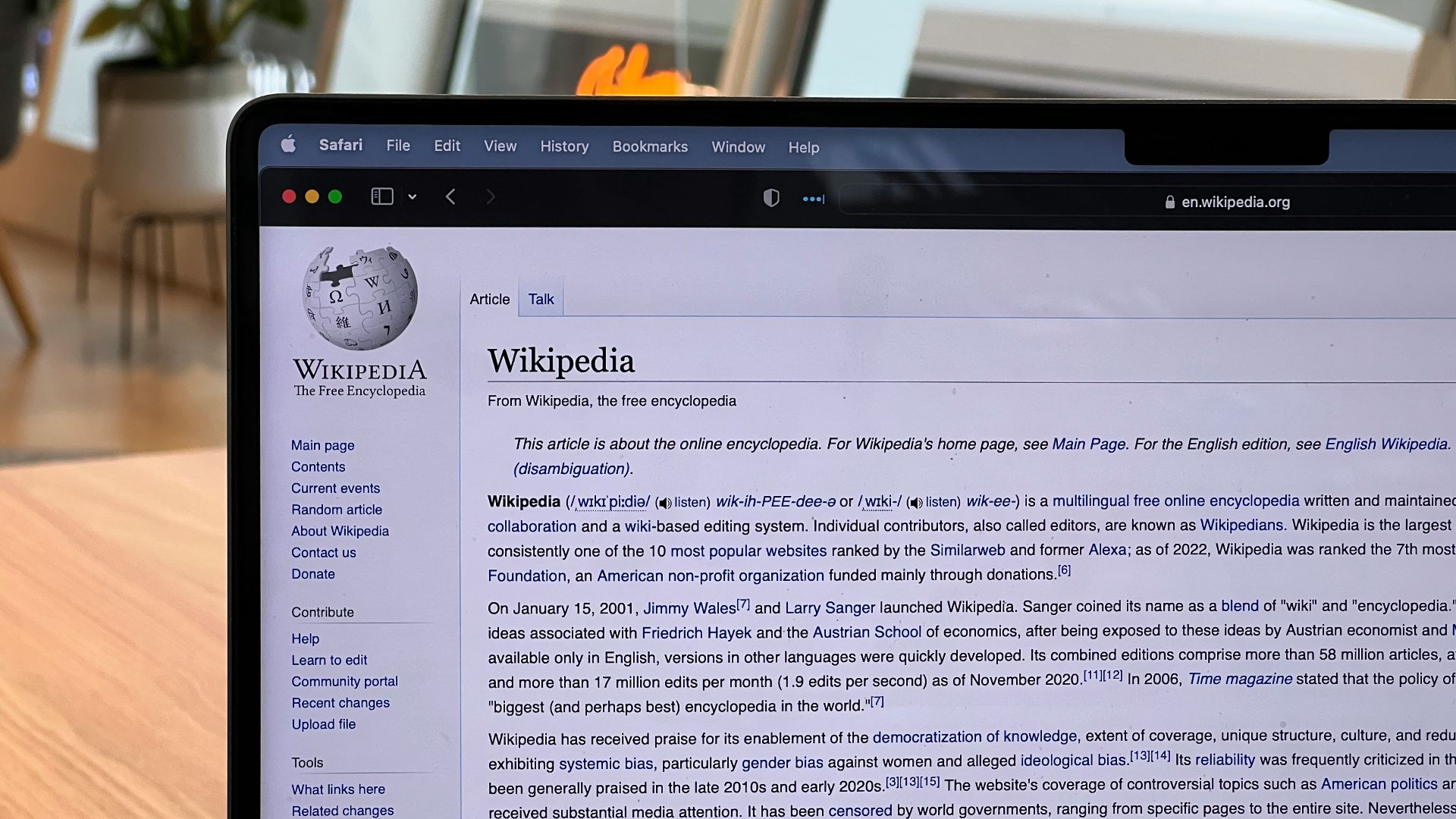 Oberon Copeland @veryinformed.com on Unsplash
Oberon Copeland @veryinformed.com on Unsplash
14. Friendster
Before Facebook’s polished design, Friendster introduced social networking mechanics like profiles, friend lists, and visible networks. Its failures were instructive, teaching the internet the importance of server speeds and scalability.
 Antoni Shkraba Studio on Pexels
Antoni Shkraba Studio on Pexels
15. Myspace
Myspace gave people control over design, music, and identity in ways that would later inform Instagram bios, personal websites, and even TikTok trends. In the early days, bands gained fame off this platform, and everyone learned just how chaotic social media could be.
16. Digg
Digg turned voting into an online sport. What seemed like a simple news aggregator introduced the internet to the importance of the algorithm, viral content, and the addictive thrill of ranking. Reddit would eventually settle into prominence, but Digg’s influence lingers in every like, upvote, or share.
17. MetaFilter
A small, subscription-based community, MetaFilter was an incubator for thoughtful conversation. It proved that niche communities could sustain themselves without flashy design, relying instead on shared culture and passion. Many forums today mirror this ethos.
18. LiveLeak
LiveLeak redefined user-uploaded video content, normalizing the fact that regular people could upload controversial content online in real time. It would go on to influence platforms like YouTube, where viral and unedited content became king over the carefully curated and edited content that was prioritized at the time.
19. Etsy
Before big e-commerce took over, Etsy taught the internet to value handmade artisanal crafts and cultivated a space for micro-entrepreneurship online. The interface was simple, but it empowered thousands of sellers worldwide to dip their toes into the competitive world of e-commerce.
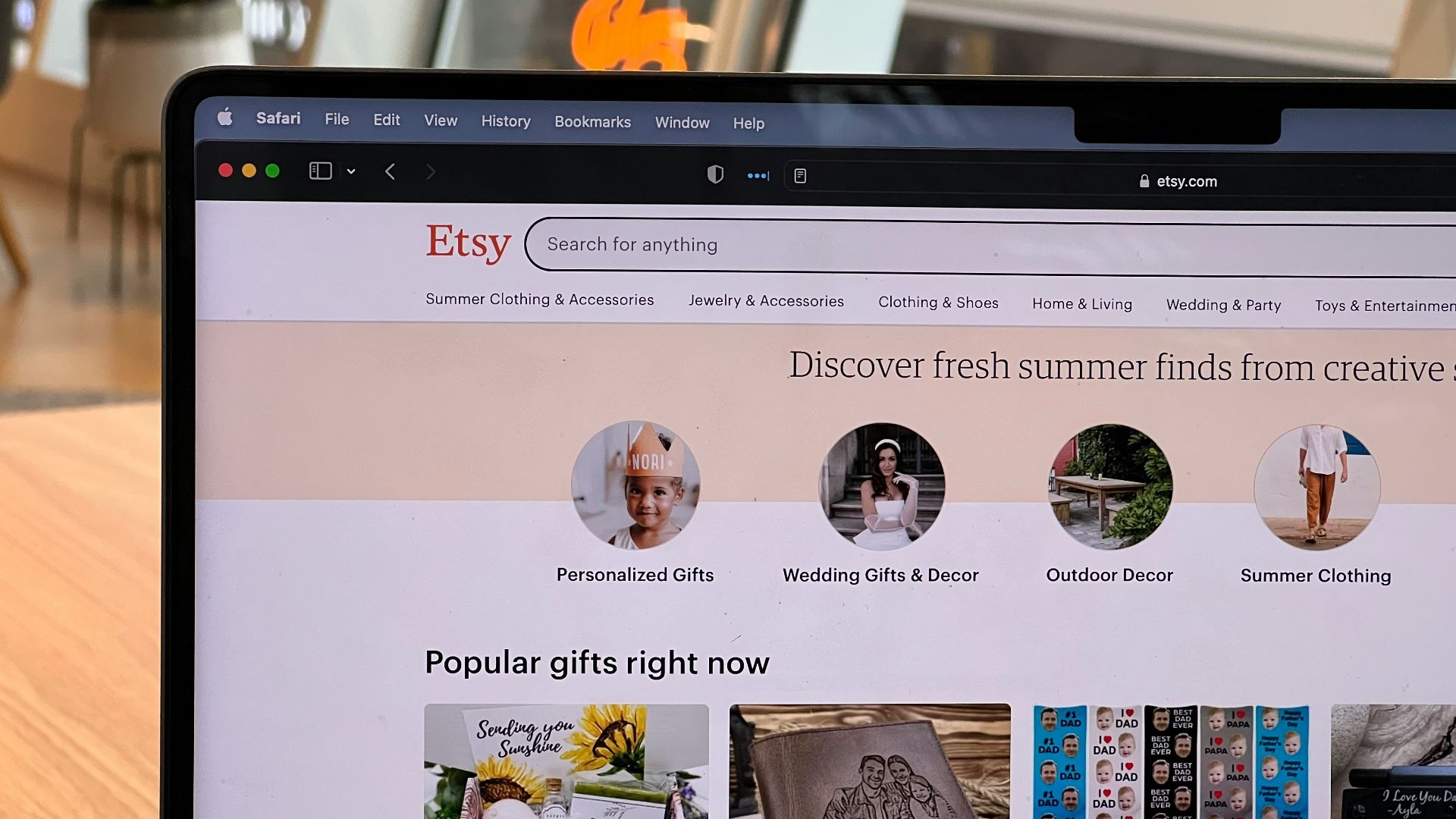 Oberon Copeland @veryinformed.com on Unsplash
Oberon Copeland @veryinformed.com on Unsplash
20. Wikipedia Talk Pages & Forums
This isn’t a single website but are special pages attached to every article that appears on Wikipedia. The endless discussions behind edits, corrections, and debates taught the internet about moderation, collaboration, and community governance. Without it, online collaboration might look very different today.


